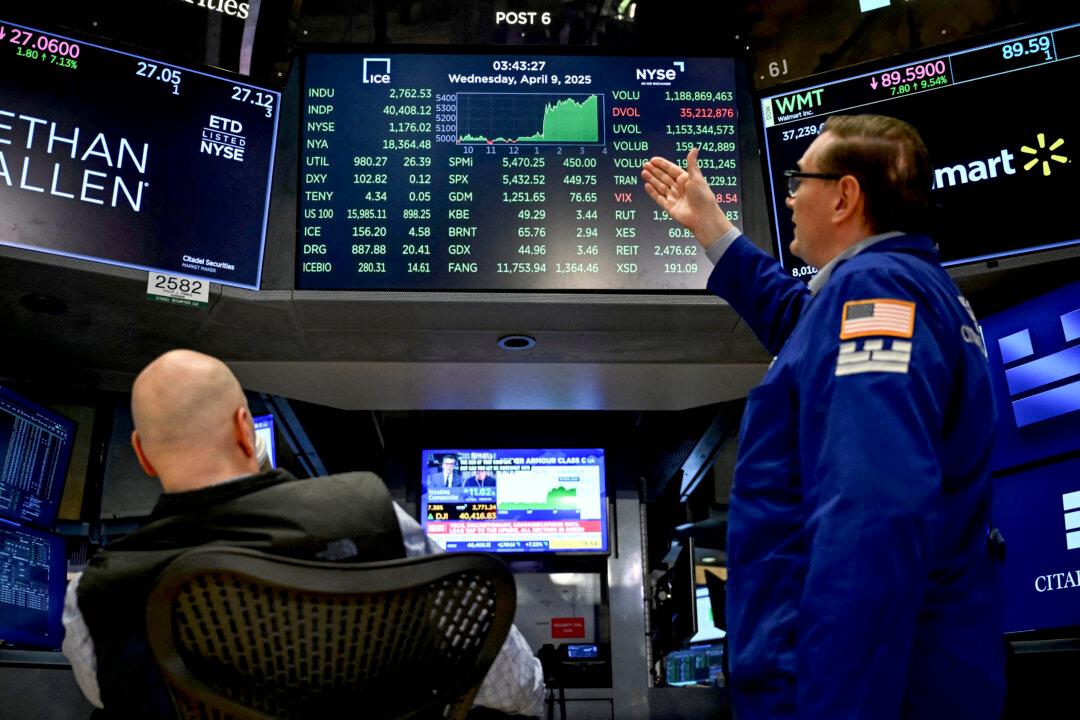SAN DIEGO—Trading stocks while in office severely erodes the trust of the American people, regardless of political affiliation, a study published May 20 by University of California–San Diego (UCSD) researchers revealed.
The study, published in the Proceedings of the National Academy of Sciences journal, was conducted by researchers at UCSD’s Rady School of Management and used an online sample of more than 1,000 people.





